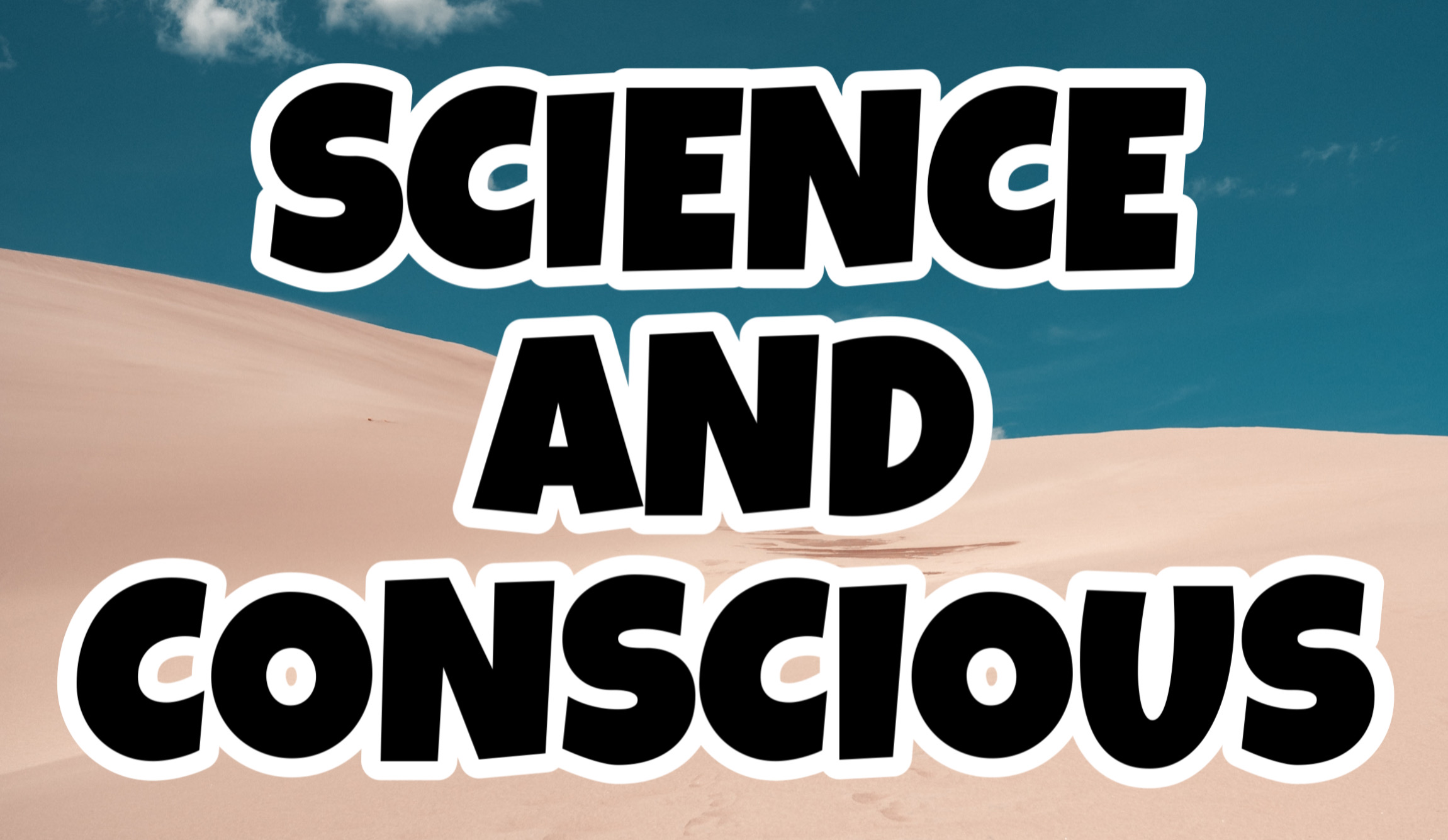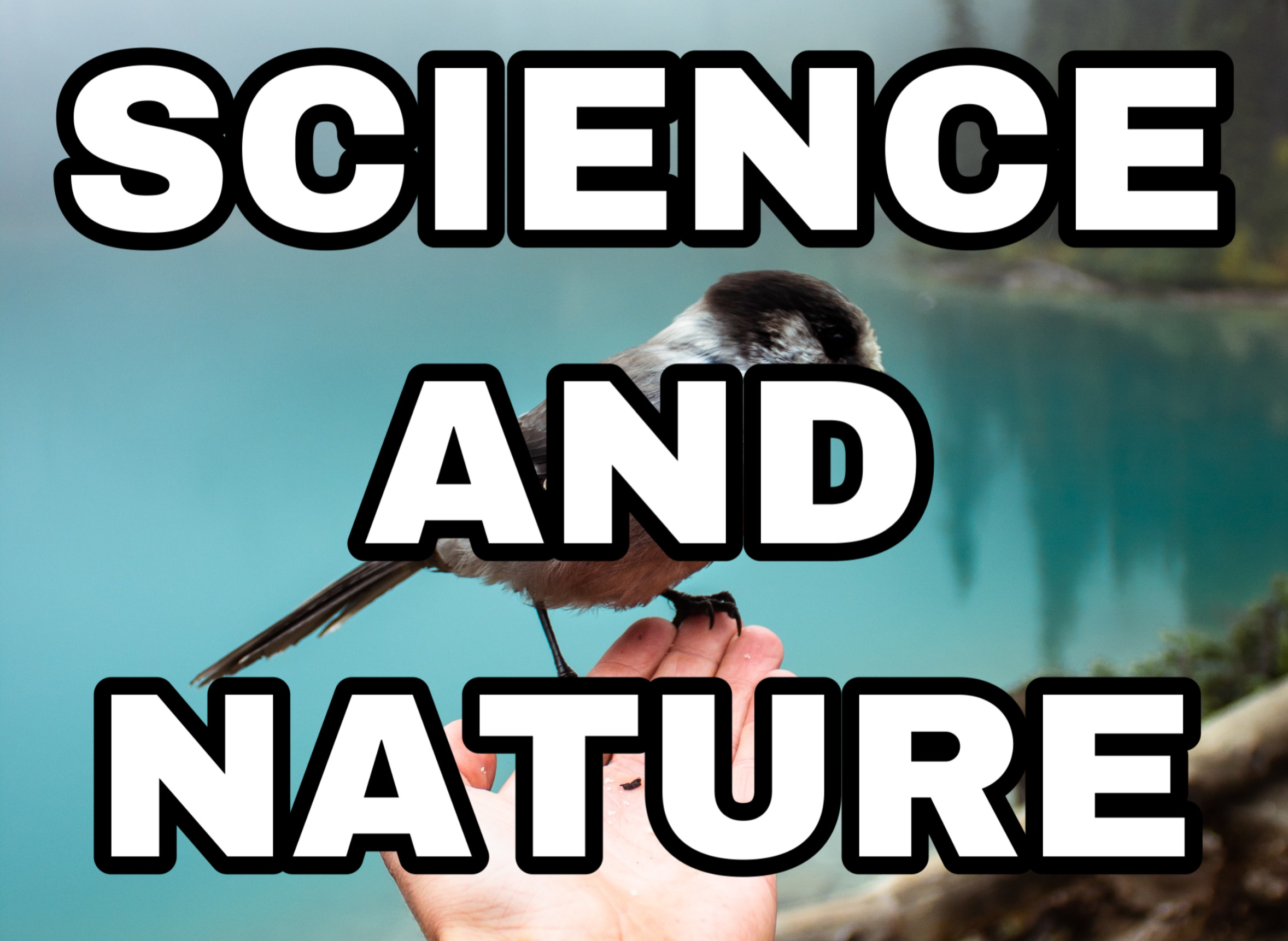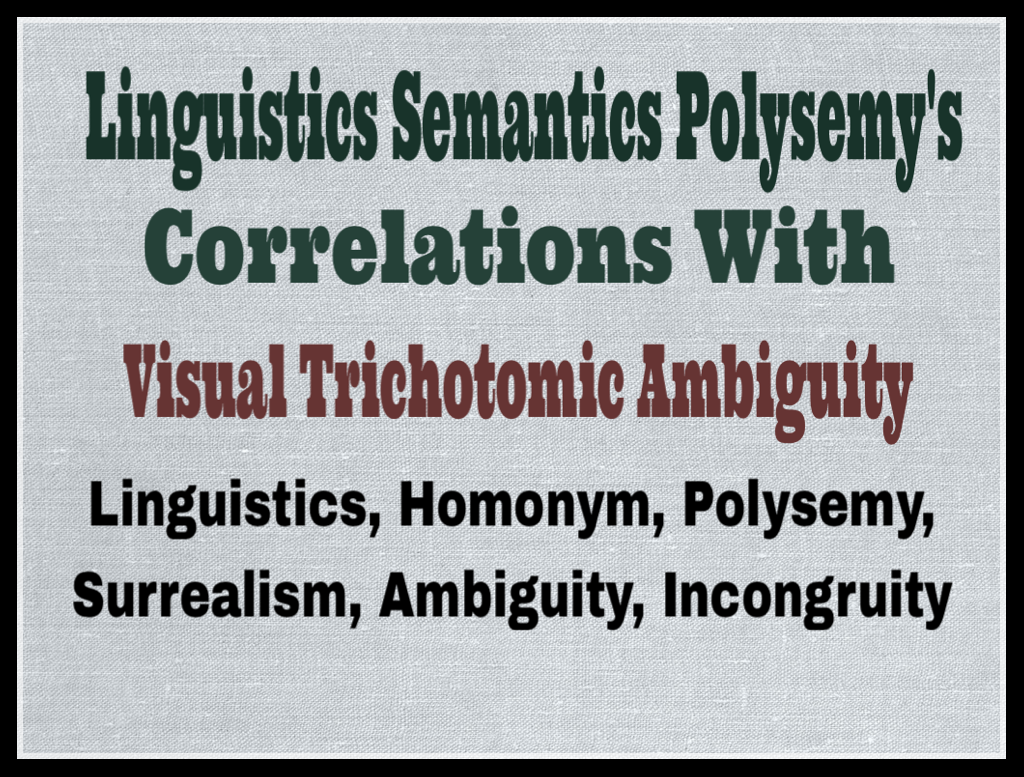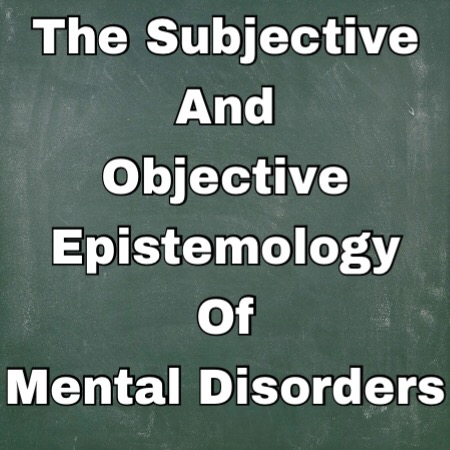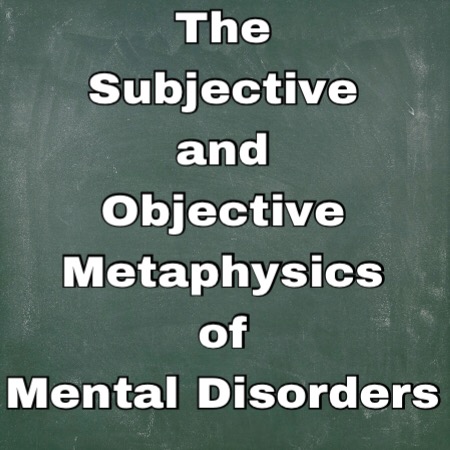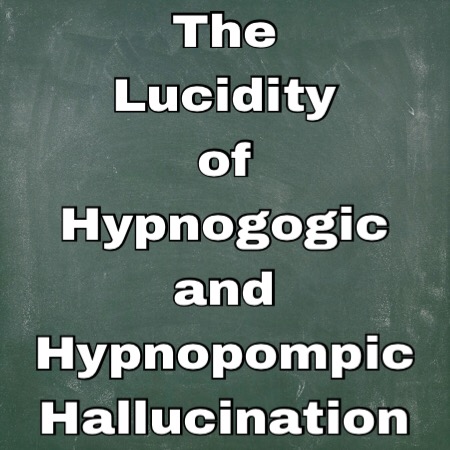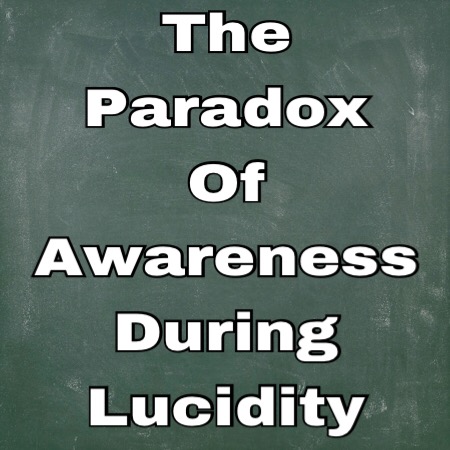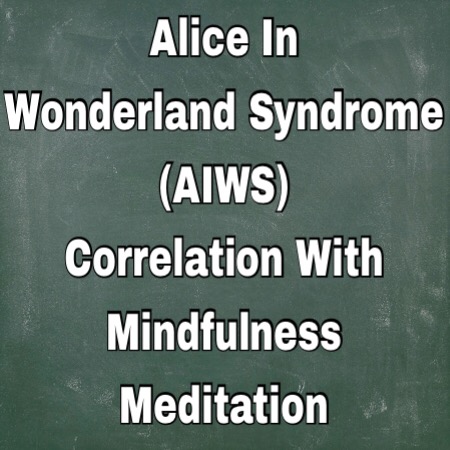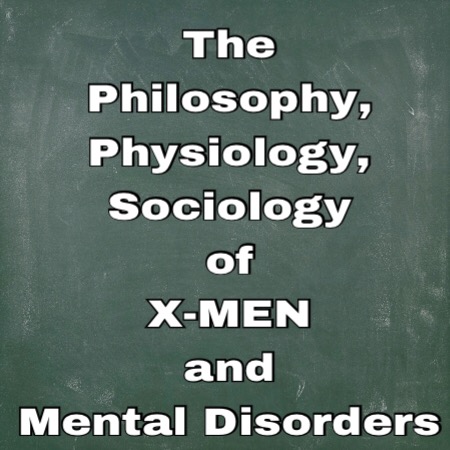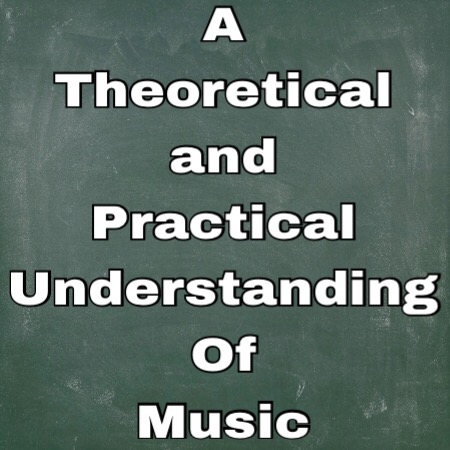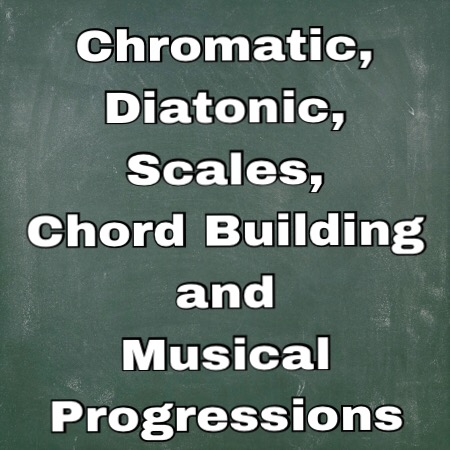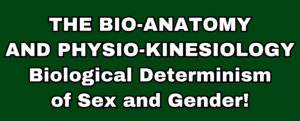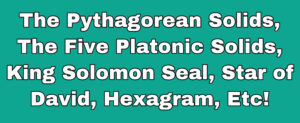18: Possessive, Demonstrative, Indefinite Adjectives & Pronouns
LINGUISTICS ORGANIC SEARCH ENGINE THEORY
(LOSE-T) PART XVIII
(LOSE-T) PART XVIII
Search Engine Optimization (SEO), (SERP), (NLP), Possessive, Demonstrative, Indefinite Adjectives & Pronouns

The image above, “colorless green ideas sleep furiously,” is grammatically correct but semantically impractical; a sentence composed by Noam Chomsky that differentiates the distinctions between semantics and syntax. This is a structured model Google’s algorithm need to implement in its calculated operations; a probabilistic model of grammar to discern and differentiate between syntax and semantics in search curation.
In paper XVI Search Engine Optimization (SEO), (SERP), (NLP), Absolute, Comparative, Superlative Adjectives we expressed the constrictions of absolute adjectives and the gradable propensity of both comparative and superlative adjectives; also paring both latter relationships to the frame of reference in relativity, redshift and blueshift doppler effect in physics. See paper XVII Search Engine Optimization (SEO), (SERP), (NLP), Redshift, Blueshift, Special & General Relativity.
Possessive Adjectives such as, “my,” “your,” “our,” and “their,” are illustrations of possessive modification that precedes a noun; examples are; can I pet “your,” cat; “I love “my,” car; “this is “our,” apartment. Possessive adjectives express a descriptive modification in ownership; unlike comparative and superlative adjectives which expresses a relatively higher quality comparisons between nouns. In Google’s search query adjectives are curated in disparity based on the ambiguity between spellings and grammatical context; will explain later!
Demonstrative Adjectives function as descriptive indicators to modify a noun with specificity; examples are, “this,” “that,” “those,” and “what.” Take “this,” apple and eat it; I love “that,” new car; and who are “those,” people. Demonstrative adjectives function as the specific identification or proximity of the noun modification in a sentence, to which share a parity with pronouns. The differentiating factors are the pronouns “this,” “that,” “those,” and “what,” operate as independent constituents and don’t modify or precede a noun.
Indefinite Adjectives describe nouns in a nonspecific or vague way; examples are, “some,” “most,” “many,” and “few;” “some,” people will purchase clothes;” “most,” people love music; “many,” people wanted to buy groceries; a “few,” people wanted to buy groceries. Indefinite adjectives describe with a level of uncertainty; whereas indefinite pronouns like demonstrative pronouns are standalone constituents. There’s to many ambiguous variables to cover pertaining to possessive, demonstrative and indefinite adjectives, and the standalone nature of possessive, demonstrative and indefinite pronouns. Hence, for now we’ll explore Google’s discrepancies with possessive adjectives.
Possessive adjectives in Google search query are not treated as unsupported lexemic units, they’re contextually appreciated only in syntax and render no linguistics independency; example, “my,” “it,” “is, “our,” and “their,” are all curated in the arrangement of syntax and renders no semantics validity. The semantics are organically supported “only” if the lexemes are ambiguous or connotatively commercialized; two examples are homographic heterographs such as “they’re,” “their,” “there,” and “hear,” “hear,” where the lexemes semantics supersedes all other attributes in the context query. See paper VIII Search Engine Optimization (SEO), (SERP), (NLP), Heteronyms, Heterographs, Orthographic Units
“It,” is attributed to the Stephen King 1986 horror novel, omitting the denotational value into commercialism of meaning; interestingly enough, “its,” “and “it’s,” where the ambiguity is induce with the inflectional morpheme “s.” The apostrophe equivocates the meaning from “it’s,” as a contraction of “it is,” and “its,” as the possessive adjective; this process causes an algorithmic analysis of meaning rather than its commercial use. “My,” “is,” and “our,” are possessive adjectives recognized in the syntax of structural ambiguity; this proves a few theory; the variances of ambiguity in a lexemes “spelling,” determines its organic rank, and the ambiguity of a lexemes deriving from the noun, verb, adjective etc—-are treated subordinately in the search query.
Linguistics Organic Search Engine Theory (LOSE-T), inferences are centered around two key values in search query ambiguity in relations to possessive adjectives; the ambiguity of possessive adjectives deriving from spellings are organically indexed as the dominant meanings, and the ambiguity resulting from noun, verb and adjectives in the grammatical units are subordinately indexed. This poses an algorithmic problem in deciphering meaning outside the parameters of spellings and pronunciations, as a result of abstract ambiguity or the idiosyncratic nature of linguistics. There’s no distinct or structural mechanism to determine meaning other than, “watch,” simply being a noun and verb simultaneously; a grammatical disparity deriving from the primary denotation and the secondary connotational values of meaning. A taxonomic approach in Linguistics Organic Search Engine Theory (LOSE-T), can resolve these problematic issues in Natural Language Processing (NLP).

INTRODUCTION TO (LOSE-T) THE EVOLUTION OF (LOSE-T) | THE HISTORY OF (LOSE-T) PHENOMENOLOGY (LOSE-T) |

Introduction To (LOSE-T) Search Query Disambiguation (SQD)
(1) (SEO), (SERP), (NLP), Derivational & Inflectional Morphology
(2) (SEO), (SERP), (NLP), Metaphor, Analogy, Metonym
(3) (SEO), (SERP), (NLP), Polysemy, Capitonym, Monosemy
(4) (SEO), (SERP), Homonym, Homophones, Homograph
(5) (SEO), (SERP), Segmental & Suprasegmental Phonology
(6) (SEO), (SERP), Paronym, Hyponym, Meronym, Hypernym
(7) (SEO), (SERP), Onomatopoeia, Denotation and Connotation
(8) (SEO), (SERP), Heteronym, Heterograph, Orthographic Units
(9) (SEO), (SERP), (NLP), Cuneiform, Pictographs, Ideographs
(10) (SEO), (SERP), Logographs, Hieroglyphics, Phonographs
(11) (SEO), (SERP), Abbreviations, Acronyms-Hybrids, Initialisms
(12) (SEO) (SERP) Anthropomorphic, Personification, Typography
(13) (SEO), (SERP) Holonyms, Synonyms, Antonyms, Taxonomy
(14) (SEO), (SERP) Prefix, Suffix, Affix, Infix, Circumfix, Morpheme
(15) (SEO), (LOSE-T) Taxonomic Framework To Encode (NLP)
(16) (SEO), (SERP) Absolute, Comparative, Superlative Adjectives
(17) (SEO), (SERP) Redshift, Doppler, Special & General Relativity
(18) (SEO), Possessive, Demonstrative, Indefinite Adjectives
(19) (SEO), (NLP), Proper Nouns, Common Nouns, Capitonymic
(20) (SEO), (NLP), Modulation, Cadence, Intonation, Inflection
(21) (SEO), (NLP), Terminology, Jargon, Verbosity, Slang/Ebonics
(22) (SEO), (NLP) Phonemes, Graphemes, Morphemes, Digraphs
(23) (SEO), (NLP), Autocomplete, Spelling Correction Predictions
(24) (SEO), (NLP), Algorithmic Paradoxes, Equilibriums, Axioms
(25) (SEO), (NLP), Chromatics, Diatonics, Logarithmics, Octaves
(26) (SEO), (NLP), Anaphora, Cataphora, Antecedent, Postcedent
(27) (SEO), (NLP), Hegelians Dialect; Thesis, Antithesis, Synthesis


(1) Fundamental vs Technical Analysis in The Stock-Market
(2) Predicting The Stock Market Using Dispersed Variables..
(3) (SEO), (SMO), (SERP), And Google Algorithms..
(4) ICANN), (gTLD), Domain Registras & Cyber-Squatting..
(5) Domain Names (gTLD), Effect On (SEO), Stock-Market..
(6) 10-K, 10-Q, Annual Reports And Google Revenue..
(7) (ICANN), (UDRP), Domain Trademark And Cybersquatting..
(8) Economic Correlation/Advertisement, Marketing & Commodity!

(1) Three Dimensional Paradoxes In Spatial Schemata
(2) Vibrating Molecules and Elliptical Bubbles
(3) Musical Octaves and Wave-Particle Duality
(4) Smells Velocity Induces Memory Faculty
(5) The Paradox of Light and Sound Induces Synesthesia
(6) The Trichotomy Between Amplitude, Frequency and Velocity
(7) Black Is An Electromagnetic-Radiation (EM) Paradox
(8) Quantum Field Theory, Nash Equilibrium & Social Science
(9) Quantum Electrodynamics, Intramolecular, Intermolecular
(10) The Fibonacci Sequence & Coriolis Effect; Music & Motion

(1) The Emotional Dichotomy in Humor
(2) Neuro-Behavioral Disorder Adaptation
(3) Why Comedians Don’t Laugh At Open Mics
(4) Economic Psychology and Humor Aberration
(5) The Philosophy And Psychology Behind Fozzie Bear Humor
(6) Women Comics! A Sociobiological and Economical Analysis
(7) The Trichotomy Between Instinct, Intuition and Improvisation
(8) Synasthesia, Psychophysics, Linguistics and Humor!


| Synchronicity, Serendipity, Irony, Coincidences | ||

(1) Ecological Factors and Physiological Attributes
(2) The Psychology of Politics Equatable Rhetorics
(3) Psychophysics, Polyrhythm, Arrangement and Composition
(4) Smells Velocity Induces Memory Faculty
(5) Cognitive Impairment/Weather Conditions/Placebo Effect
(6) The Social Equilibrium of Spirituality vs Superficiality
(7) Quantum Entanglement, Chameleon Effect and Coincidences
(8) Synthesis Deriving From A Medical Antithesis
(9) The Power of Analogy, A Peculiar Mnemonics
(10) A Metaphor In Physics To Induce Organic Sleep
(11) Karma The Spiritual Undertone In Cause and Effect
(12) Distinctions Between Verbal Irony and Verbal Sarcasm
(13) School District Negligence, A Butterfly a Effect Analogy
(14) Dogs Defecating Alignment With The Earths Magnetic Field
(15) Fundamental vs Technical Analysis in The Stock-Market
(16) A Conglomeration of Political Discrepancy
Share your views and opinion, please leave a comment below Written By: Atelston Fitzgerald Holder 1st
SCIENTIST | ACADEMIC WRITER | LECTURER
The Harlem Times Politics | Business | Economics | Entertainment
Ask A Newyorker Science | Economics | Business | Politics
News Blaze World News | Science | Business | Technology
Performance Artist: www.youtube.com/mrpregnant
Musical Composer: www.youtube.com/mrpregnantmusic
Feel free to contact me at: mrpregnant@aol.com
Copyright 2016
Latest posts by Atelston Fitzgerald Holder 1st (see all)
- A SCIENTIFIC ANALYSIS OF THE SACRED-GEOMETRIC NATURE OF SUPERHERO ANATOMY! - September 5, 2023
- A Mirrored Reflection Of The Tainted Human Expression - September 15, 2021
- The God Universe Non-Dualistic Dichotomy - September 12, 2021
- Consultation - April 30, 2019
- The Philosophy Of Obsessive Compulsive Disorder (OCD), Bipolar I Manic, Lysergic Acid, Psilocybin & Sensory Modalities - January 31, 2018










